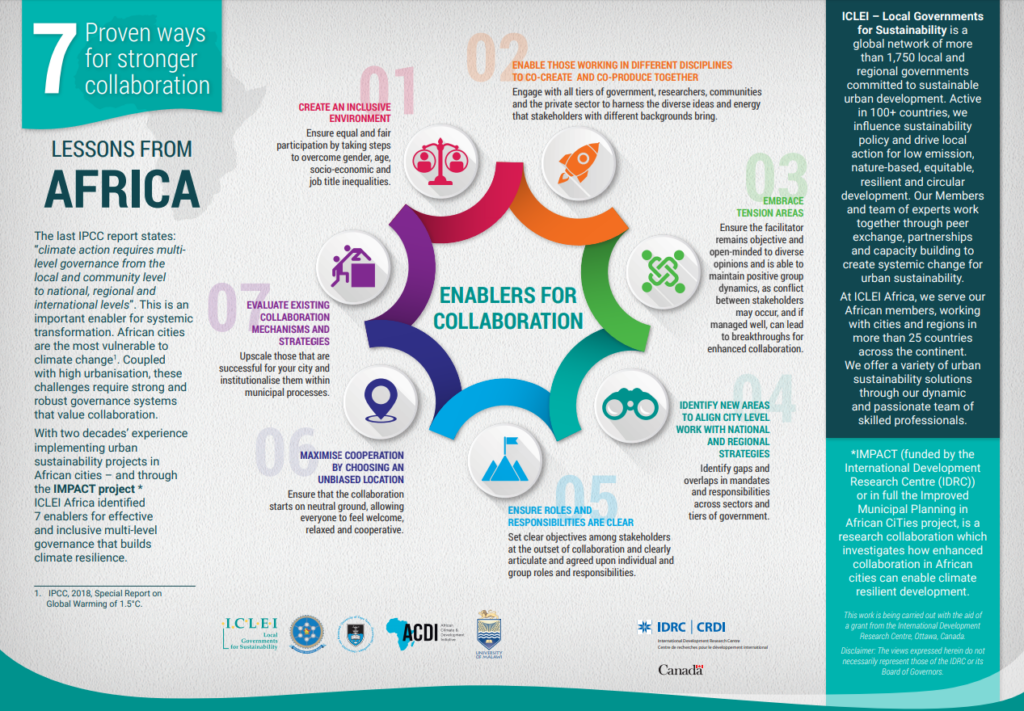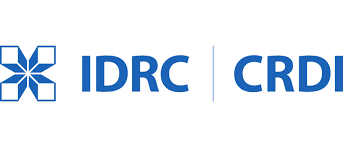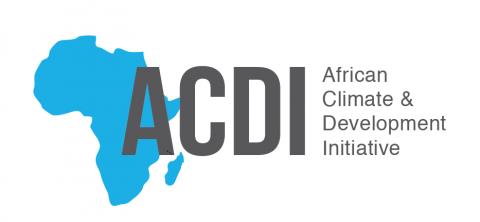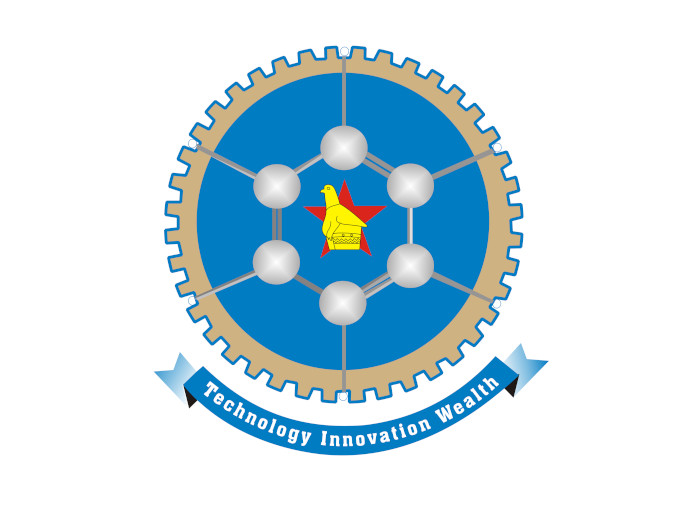chevron_left Back to News updates
26 May 2020
Seven proven ways city leaders can work together to create resilient cities
New findings by ICLEI Africa’s research team reveal practical ways to collaborate – online and in-person – across levels of government and between the public and private sector to make planning decisions that are responsive to the new urban normal.

















